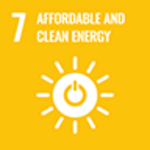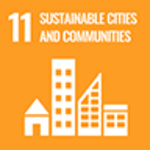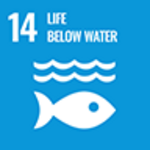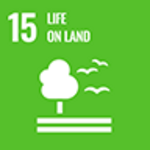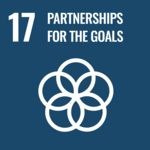Our University Museum, Biomimetics Citizen Seminar, and Chitose University of Science and Technology will jointly present ``Regional Studies: Learning from history and creating a sustainable future through climate - Interpreting ecosystem services and natural coexistence from industrial history'' on April 8th. It will be held on the day.
This event is the second in a special joint series. Let's consider the current situation and challenges towards realizing a sustainable region.
The climate cultivated by people's activities amidst the rich blessings and harshness of nature has formed a unique society and created industry, and has been woven into the history of the region. By understanding the local climate that has been shaped by ecosystems and human activities, we will learn about the workings of nature, learn the wisdom of our ancestors who have lived in harmony with nature, and try to "learn from the past and renew" for a sustainable future. This is the content.
In addition, in modern society where climate change as symbolized by global warming, depletion of energy and resources, and deterioration of biodiversity and the natural environment are urgent issues, regional studies can be used to approach sustainable regional futures. In order to achieve this, three perspectives toward sustainability are essential: "carbon neutrality," "circular economy," and "nature positivity." This event provides an opportunity for dialogue (transscience) to consider the blueprint for a sustainable region with various stakeholders.
Click here for more information, including how to participate. *You will be redirected to the website of the University Museum.


















